 Just as candy, sweets and sports drinks can increase your risk for tooth decay, so too can liquid medications. There are a variety of ingredients commonly found in cough drops and syrup medications that can leave you more susceptible to tooth decay and cavities, especially when the medicine is taken consistently over long periods of time.
Just as candy, sweets and sports drinks can increase your risk for tooth decay, so too can liquid medications. There are a variety of ingredients commonly found in cough drops and syrup medications that can leave you more susceptible to tooth decay and cavities, especially when the medicine is taken consistently over long periods of time. 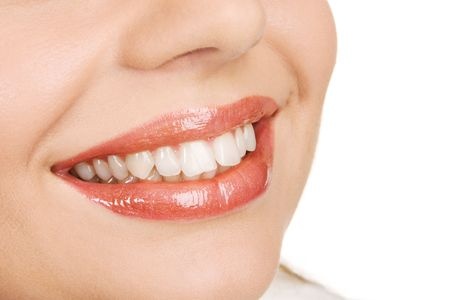 Tis’ the season for New Year’s resolutions. Make a vow to improve your oral hygiene and keep your smile bright and healthy. Not to mention that proper dental care can impact your overall health and appearance. Here are a few resolutions to improving your oral hygiene.
Tis’ the season for New Year’s resolutions. Make a vow to improve your oral hygiene and keep your smile bright and healthy. Not to mention that proper dental care can impact your overall health and appearance. Here are a few resolutions to improving your oral hygiene.  The holiday season is filled with an abundance of sweets and treats. While these Christmas candies can be delicious, they can also pose a number of risks to your oral health. Cookies, candy canes and other desserts don’t have to lead to cavities.
The holiday season is filled with an abundance of sweets and treats. While these Christmas candies can be delicious, they can also pose a number of risks to your oral health. Cookies, candy canes and other desserts don’t have to lead to cavities. 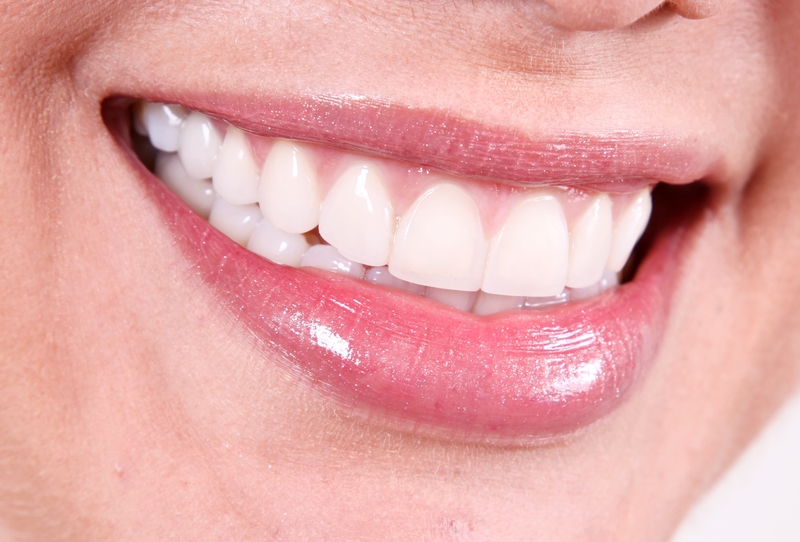 Your smile is one of the first things people notice about you. With new over the counter products and cosmetic dental procedures, bright white smiles are attainable on almost every budget. While the risks associated with at home whitening products are minimal, there are a few things to keep in mind before starting the whitening process.
Your smile is one of the first things people notice about you. With new over the counter products and cosmetic dental procedures, bright white smiles are attainable on almost every budget. While the risks associated with at home whitening products are minimal, there are a few things to keep in mind before starting the whitening process. 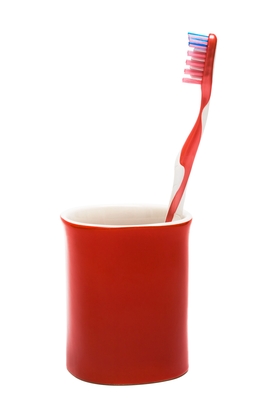 Our toothbrushes help to keep our mouths squeaky clean, but how clean is your toothbrush? Follow these tips to keep your toothbrush clean and your mouth healthy and sparkling.
Our toothbrushes help to keep our mouths squeaky clean, but how clean is your toothbrush? Follow these tips to keep your toothbrush clean and your mouth healthy and sparkling. 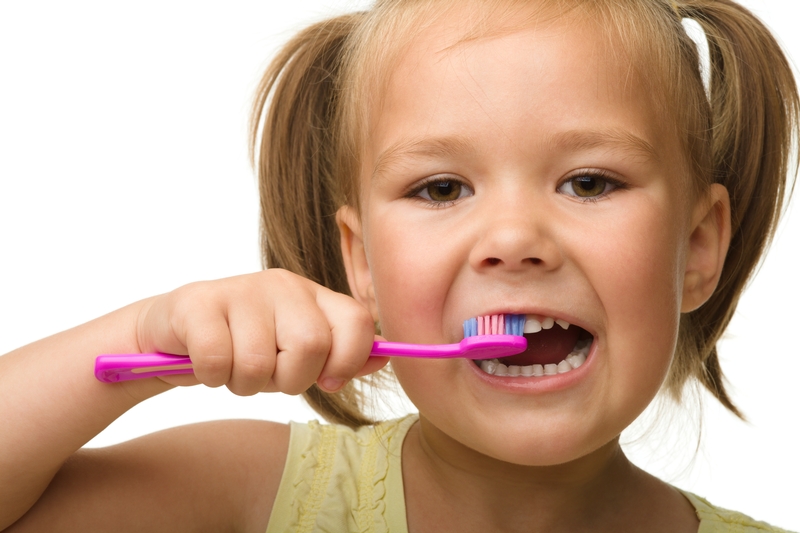 Good oral health habits start when children are young. Our Ooltewah dentist understands that it can be a challenge to get your children to brush their teeth. Here are a few helpful tips to make teeth brushing a little more fun:
Good oral health habits start when children are young. Our Ooltewah dentist understands that it can be a challenge to get your children to brush their teeth. Here are a few helpful tips to make teeth brushing a little more fun: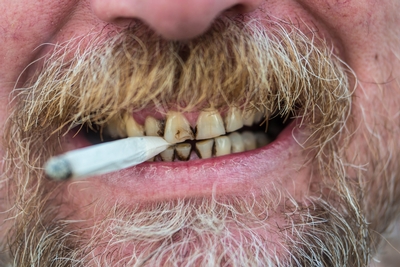 Bad breath, tooth discoloration, plaque buildup, gum disease, tooth loss and oral cancer are all side effects of smoking. The damages caused by smoking can impact your oral health, just as it does your overall health. Statistics have found that 50% of smoking adults have gum disease and are approximately twice as likely to lose their teeth or need a root canal.
Bad breath, tooth discoloration, plaque buildup, gum disease, tooth loss and oral cancer are all side effects of smoking. The damages caused by smoking can impact your oral health, just as it does your overall health. Statistics have found that 50% of smoking adults have gum disease and are approximately twice as likely to lose their teeth or need a root canal.  Q: Energy drinks don’t cause cavities?
Q: Energy drinks don’t cause cavities?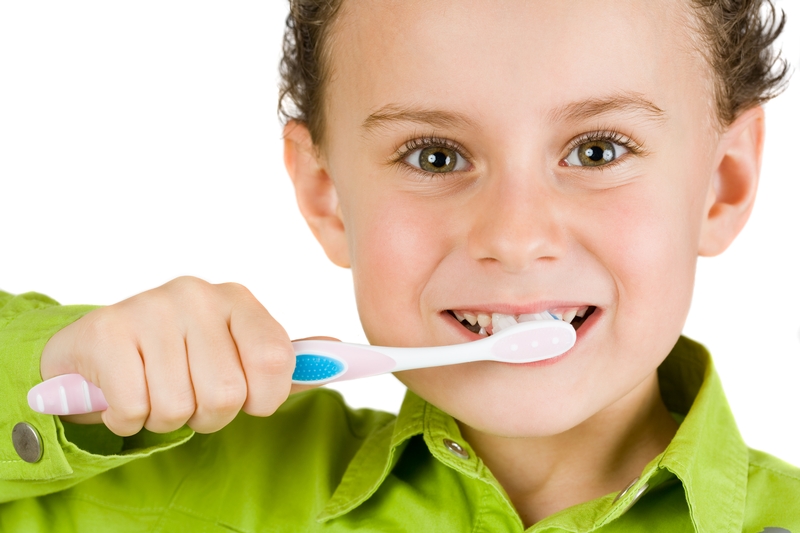 With a variety of toothbrushes on the market, it can be difficult to select the one best suited to your needs. From soft to hard bristles to electric options, deciding on the perfect style can be a challenge. Here are a few tips from our Ooltewah dentist to help you select the perfect brush:
With a variety of toothbrushes on the market, it can be difficult to select the one best suited to your needs. From soft to hard bristles to electric options, deciding on the perfect style can be a challenge. Here are a few tips from our Ooltewah dentist to help you select the perfect brush: From the cold unusual objects to unfamiliar surroundings, children and adults alike share fears of the dentist. No matter the fears, visits to the dentist will keep teeth healthy and promote good oral health habits. Here are a few tips to keeping the fears at bay and their smile pearly white.
From the cold unusual objects to unfamiliar surroundings, children and adults alike share fears of the dentist. No matter the fears, visits to the dentist will keep teeth healthy and promote good oral health habits. Here are a few tips to keeping the fears at bay and their smile pearly white.
The Earlier the Better
The younger a child is when they start visiting a dentist, the more likely they will become comfortable with the surroundings and the dentist. According to the American Academy of Pediatric Dentistry, your child’s first trip to the dentist should be at age one or when their first tooth is visible. Early prevention will increase the overall health of your mouth.
According to several studies, more preschool students have cavities than ever before. The national study states that, “more than 1 in 4 children in the United states has had at least one cavity by the age of 4. Many kids get cavities as early as age 2.”
Don’t Over Share
Try not to share too many details before dental appointments. Too much explaining can result in more questions as well is scare many children. Keep a positive attitude and let the dentist and hygienists explain the procedures. Also, refrain from taking your children to your dentist appointment. Even though you may not realize it, you may be anxious. Telling about past or current procedures can instill more fear, especially if those procedures are not necessary.
Play Pretend
Grab a toothbrush and let your child practice being both the dentist and the patient. Brushing and counting teeth will help to prepare them for the actual office visit. You want your child to become familiar with the routine in hopes that they will be more comfortable with the procedures. Additionally, there are a variety of children’s books with illustrations that are design to educate and relieve fears of the dentist.
Fussing is Normal
Pediatric dentists are used to children and tantrums. It is normal that a child will cry, whine or fuss during an appointment. Allow the staff to guide and direct you. Many will ask that you hold your child’s hand to help comfort them during the visit. If your little one has a favorite toy or stuffed animal, bring that as a comfort and distraction.
Encouraging the importance of good dental health is important. Explain that the dentist helps to keep their smile pretty, and that regular visits are necessary. Follow these tips are your child is sure to overcome their fears.
Our Ooltewah pediatric denistry office can help calm your child's fears of the dentist as well as keep their teeth pearly white.
Written by Tiffany Hutton